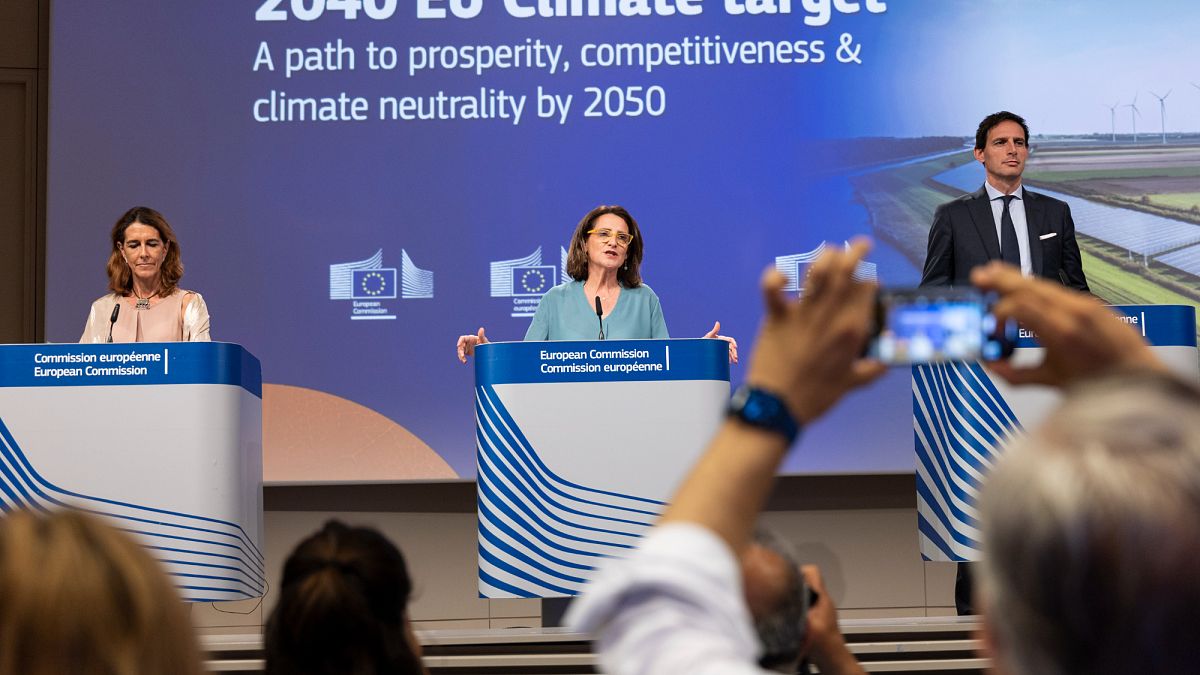

As Europe moves through a time of dynamic change, a series of recent developments highlight the continent’s diverse approach to climate policy, technology, business, and financial stability. Each initiative, be it in sustainability, technology, or economic strategy, reflects a calm commitment to forging a resilient and forward-thinking future.
The European Commission has recently proposed the inclusion of international carbon offsets as a method to meet the EU’s 2040 climate targets. This proposal allows for flexibility, aiming to support the broader goal of reducing emissions. While there are concerns regarding the outsourcing of responsibility in emission reductions, the Commission views this strategy as an opportunity to collaborate on a global scale, ensuring that climate action is a shared responsibility. This approach, they believe, will bolster the EU’s longstanding commitment to environmental responsibility while leveraging international partnerships.
In another significant stride towards future-readiness, the EU has unveiled its first quantum strategy. Recognizing the critical importance of quantum technologies, the European Commission has put forth a comprehensive plan to enhance capabilities in quantum computing. The initiative represents an intentional effort to unify efforts across the continent, accelerate innovation, and secure a leading position in the global technology race. With potential applications ranging from healthcare to cybersecurity and defense, the strategy underscores Europe’s dedication to maintaining technological sovereignty and leadership on the world stage.
Strengthening economic ties and expanding influence in the UK, Spain’s Santander bank has announced its acquisition of TSB Bank. This strategic move will see Santander rising as the third-largest bank in the UK by personal current account share once the deal is finalized. This acquisition is a testament to Santander’s strategic growth ambitions and signifies a positive development in the financial sector, enhancing cross-border financial dynamics and providing opportunities for increased service offerings in the UK market.
Meanwhile, within the broader economic landscape of the Eurozone, there has been a marginal increase in unemployment rates amid continued uncertainty around tariffs. Despite this uptick, unemployment remains at a historically low level, reflecting a resilient labor market. Companies across Europe are navigating an economic climate fraught with challenges yet remain cautiously optimistic, as they seek to balance economic realities with strategic growth plans.
On the UK front, the financial sector is experiencing fluctuations, with bond yields experiencing a notable rise. This increase is driven by the speculation surrounding the position of Rachel Reeves as Chancellor, following a government decision to reconsider welfare policies. The news has resulted in an observable reaction in the markets, although the broader economic structures remain robust and capable of weathering such transitions. The ongoing focus remains on maintaining economic stability and adapting to shifting political landscapes.
Together, these developments reflect the concerted efforts across Europe to advance climate initiatives, technological innovation, economic growth, and financial stability. Through strategic partnerships, careful planning, and open dialogue, Europe is poised to navigate the complexities of the future with a balanced and mindful approach.
Source: {link}
